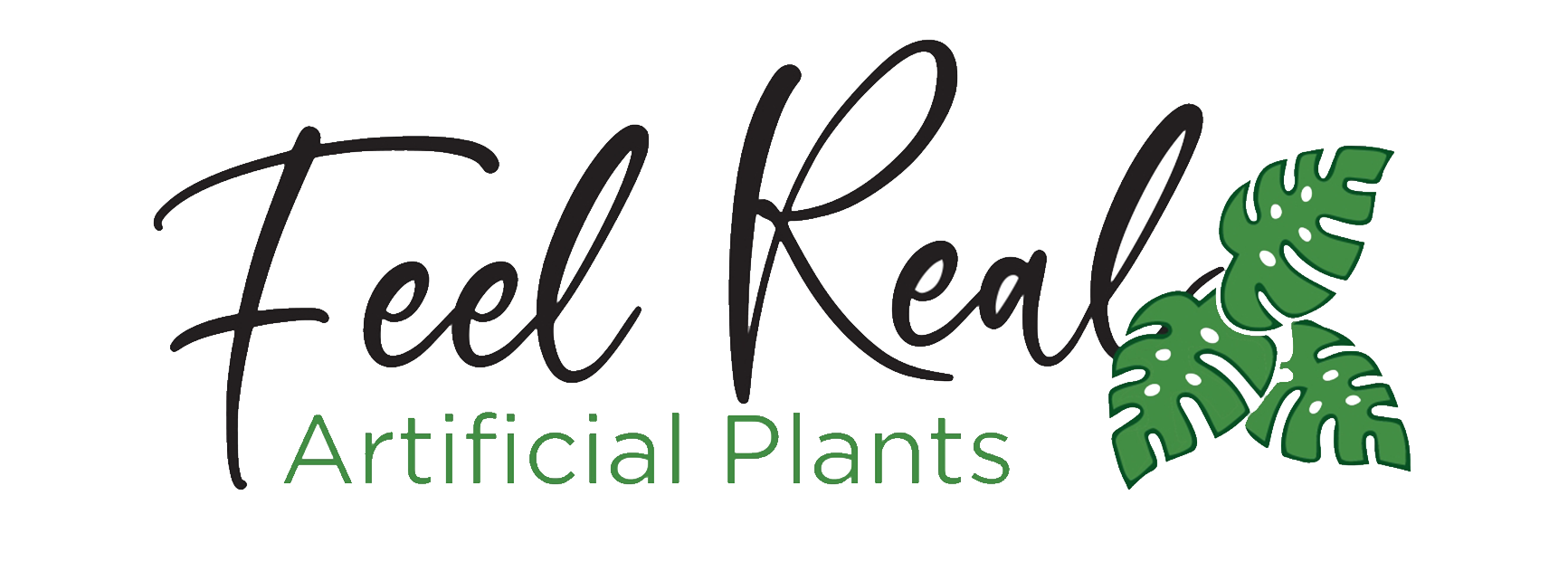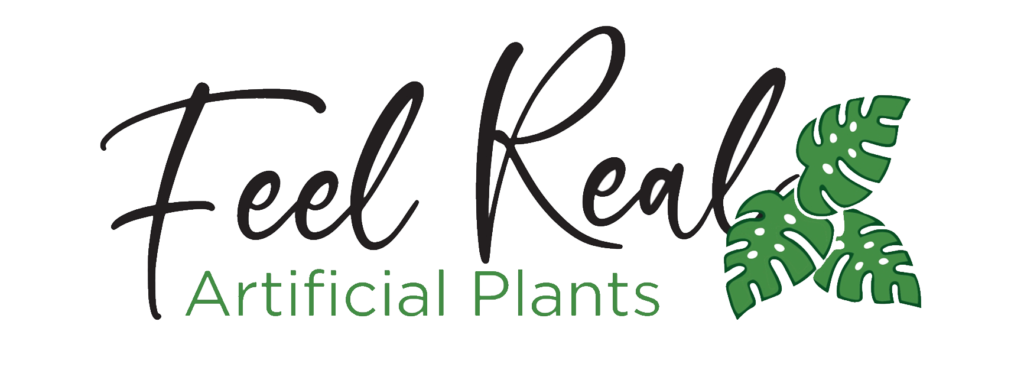Sourcing high-quality products at competitive prices is essential for maximizing profitability and staying ahead in the market. With China being a leading hub for artificial plant manufacturing, leveraging this market can provide you with access to a wide range of affordable options.

However, navigating the process of buying cheap artificial plants for wholesale from China requires careful planning and consideration. In this comprehensive guide, we’ll explore key strategies and tips to help you effectively source affordable artificial plants while maintaining quality standards and ensuring a smooth procurement process.
1. Understanding Your Needs:
Before embarking on your sourcing journey, it’s crucial to have a comprehensive understanding of your customers’ preferences and the prevailing market demands. Take the time to assess your target market’s preferences in terms of artificial plant styles, sizes, and varieties. Are your customers primarily interested in succulents, ferns, bonsai trees, or other specific types of artificial plants? Additionally, consider whether you require customization options or OEM services to meet the unique needs of your clientele.
By gaining clarity on your customers’ preferences and market demands, you can effectively tailor your sourcing strategy to align with their expectations. This proactive approach allows you to streamline the sourcing process and focus on finding suppliers that can provide the specific types of artificial plants you need, along with any customization options required to meet your customers’ needs.
2. Research and Identify Reliable Suppliers:
Once you’ve identified your sourcing requirements, the next step is to research and identify reliable suppliers in China who can meet your needs. Start by leveraging online platforms, trade directories, and industry exhibitions to explore a wide range of suppliers specializing in artificial plant manufacturing. Look for suppliers with a proven track record of reliability, positive customer reviews, and certifications indicating adherence to quality standards.

When evaluating potential suppliers, consider factors such as their production capabilities, range of products, manufacturing processes, and quality control measures. Assess their experience in catering to wholesale clients and their ability to provide customization options or OEM services if necessary. Additionally, inquire about their lead times, pricing structures, and payment terms to ensure they align with your business requirements.
Furthermore, seek out suppliers who demonstrate a commitment to sustainability and ethical practices, as these values may align with your brand ethos and resonate with your customers. By conducting thorough research and due diligence, you can identify trustworthy suppliers who can deliver high-quality artificial plants at competitive prices, thereby laying the foundation for a successful partnership.
3. Communicate Your Requirements Clearly:
Once you’ve shortlisted potential suppliers, it’s essential to communicate your specific requirements clearly and effectively. Provide detailed information about the types, styles, and quantities of artificial plants you need. Whether you’re interested in succulents, ferns, bonsai trees, or other varieties, be explicit about your preferences to ensure the supplier can meet your expectations. Additionally, if you require customization options or OEM services, clearly outline your specifications and any branding or packaging requirements.
Furthermore, it’s crucial to clearly articulate your budget constraints and expectations regarding pricing, delivery times, and quality standards. By providing clear guidelines upfront, you can ensure alignment with the supplier’s capabilities and offerings. This transparent communication lays the foundation for a successful partnership and minimizes the risk of misunderstandings or discrepancies down the line.
4. Negotiate Pricing and Terms:
Negotiating pricing and terms is a critical step in the process of buying cheap artificial plants for wholesale from China. Engage in open and transparent negotiations with your chosen suppliers to secure favorable pricing and terms that align with your budgetary requirements. Explore opportunities for bulk discounts, volume-based pricing tiers, and flexible payment terms to optimize your purchasing power and maximize cost savings.

During negotiations, be prepared to discuss various aspects such as unit pricing, minimum order quantities (MOQs), sample costs, and shipping terms. Seek to establish a mutually beneficial agreement that addresses your needs while also considering the supplier’s constraints and limitations. By fostering a collaborative approach to negotiations, you can build a strong rapport with your suppliers and lay the groundwork for a successful and mutually beneficial partnership.
5. Request Samples for Quality Evaluation:
Before committing to large-scale orders, it’s essential to request samples from your chosen suppliers to thoroughly assess the quality and craftsmanship of their artificial plants. These samples serve as tangible representations of the products you’ll be sourcing and allow you to make informed decisions based on firsthand inspection.
When evaluating samples, pay close attention to the materials used, construction techniques, and finishing details. Examine the texture, color, and overall appearance of the artificial plants to ensure they meet your quality standards and specifications. Look for signs of durability and resilience, as well as any potential flaws or inconsistencies that may affect the product’s longevity or aesthetic appeal.
Furthermore, it’s crucial to test the samples under various lighting conditions to assess their lifelike appearance and colorfastness. Artificial plants should mimic the natural beauty of real plants convincingly, so ensure that the colors remain vibrant and true to life even in different lighting environments. This step is particularly important if your target market includes interior designers or homeowners who value realism in their artificial plant selections.
6. Ensuring Compliance:
In addition to assessing quality, it’s vital to ensure that the artificial plants you source comply with relevant regulations and standards in your target market. This includes considerations such as material safety, labeling requirements, and environmental regulations. Failure to meet these standards can result in legal consequences and damage to your brand reputation.

When sourcing artificial plants from China, work closely with suppliers who prioritize compliance and sustainability. Request documentation and certifications demonstrating adherence to regulatory requirements, such as RoHS, REACH, or ASTM standards. Verify that the products are free from harmful substances and meet labeling obligations, including country of origin, care instructions, and safety warnings.
Furthermore, consider environmental factors such as the use of eco-friendly materials and sustainable manufacturing practices. Sustainable sourcing not only benefits the environment but also resonates with environmentally conscious consumers, enhancing your brand’s reputation and appeal.
By ensuring compliance with regulations and standards, you can mitigate risks, uphold product integrity, and build trust with your customers. Collaborating with reputable suppliers who share your commitment to quality and sustainability is essential for long-term success in the artificial plants market.
7. Consider Shipping and Logistics Costs:
When purchasing cheap artificial plants for wholesale from China, it’s crucial to consider the associated shipping and logistics costs to accurately determine the total landed cost of your products. Shipping costs can significantly impact your bottom line, so it’s essential to evaluate different shipping methods to find the most cost-effective option for your specific needs.
Start by assessing various transportation modes, including sea freight, air freight, and rail transportation. Each option comes with its advantages and considerations in terms of cost, transit time, and reliability. Sea freight is typically the most economical choice for large-volume shipments, while air freight offers faster delivery but at a higher cost. Rail transportation may be a viable alternative for shipments to inland destinations, providing a balance between cost and speed.
In addition to selecting the appropriate transportation mode, explore opportunities to optimize shipping costs through consolidation and container optimization. Consolidating multiple orders into a single shipment can help reduce per-unit shipping costs, especially for smaller orders. Container optimization involves maximizing the use of container space to minimize wasted capacity and lower shipping expenses.

Furthermore, consider partnering with freight forwarding companies or logistics providers experienced in handling international shipments from China. These professionals can offer valuable insights and assistance in navigating complex customs procedures, optimizing routing, and negotiating favorable freight rates. By leveraging their expertise, you can streamline your logistics processes and minimize transportation expenses.
8. Conduct Due Diligence and Quality Assurance:
Before finalizing your purchase of cheap artificial plants from China, it’s essential to conduct thorough due diligence and quality assurance checks to mitigate risks and ensure a smooth procurement process. This involves verifying the credentials and reliability of your chosen supplier, as well as assessing their production capabilities and compliance with regulatory standards.
Start by scrutinizing the supplier’s credentials, including their business licenses, certifications, and industry affiliations. Look for indicators of a reputable and trustworthy supplier, such as a long-standing track record, positive customer feedback, and adherence to quality management systems. Additionally, confirm the supplier’s production capabilities and capacity to meet your order requirements within the specified timeline.
To ensure product quality and consistency, implement robust quality control measures throughout the procurement process. This may include conducting factory inspections to assess production facilities and processes, performing product testing to verify compliance with specifications and standards, and approving samples before mass production. By maintaining strict quality assurance protocols, you can uphold the integrity of your product offerings and meet the expectations of your customers.
9. Building Long-Term Relationships:
Cultivating strong and enduring relationships with your suppliers is paramount to achieving sustained success in the artificial plants business. Effective communication is the cornerstone of any successful partnership, so prioritize open and transparent dialogue with your suppliers. Regularly share feedback, discuss challenges, and address any issues or concerns promptly and constructively. By maintaining clear lines of communication, you can foster a collaborative environment where both parties feel heard and valued.

Moreover, transparency is key to building trust and credibility in your supplier relationships. Be honest and forthright in your dealings, and uphold your commitments and obligations. Transparency breeds confidence and fosters a sense of reliability, laying the groundwork for a strong and enduring partnership.
Additionally, invest time and effort into understanding your suppliers’ businesses and capabilities. Get to know their production processes, quality control measures, and supply chain dynamics. By understanding their operations, you can better anticipate potential challenges and work together to find effective solutions.
10. Exploring Value-Added Services:
In addition to offering competitive prices, consider partnering with suppliers that offer value-added services to enhance the overall customer experience and differentiate your offerings in the market. Value-added services encompass a range of offerings designed to provide added convenience, customization, and support to customers.
For example, some suppliers may offer customization options, allowing you to tailor artificial plant designs to meet the unique preferences and requirements of your clients. This customization capability can be a valuable selling point, enabling you to offer exclusive and personalized products that set you apart from competitors.
Furthermore, explore suppliers that provide packaging solutions tailored to your needs. Well-designed and branded packaging not only enhances the presentation of your products but also reinforces your brand identity and creates a memorable impression on customers.
Additionally, consider partnering with suppliers that offer logistical support and assistance. This may include services such as inventory management, order fulfillment, and drop-shipping capabilities. By leveraging these services, you can streamline your operations, reduce overhead costs, and improve overall efficiency.
Buying cheap artificial plants for wholesale from China offers tremendous opportunities for artificial plant wholesalers to access affordable products and expand their product offerings. With a strategic approach and attention to detail, you can optimize your sourcing process and position your wholesale business for long-term success in the competitive artificial plants market.



